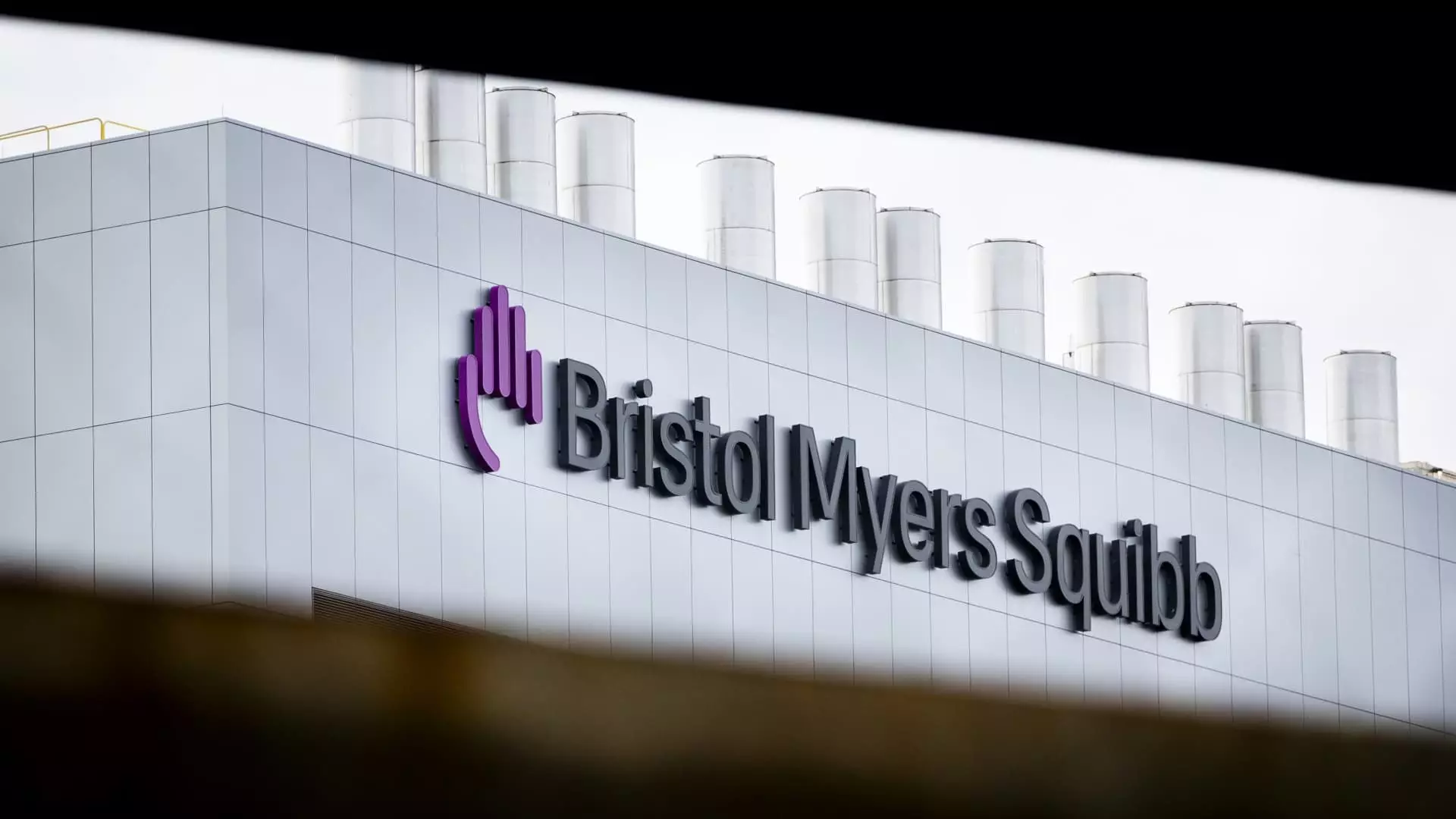Bristol Myers Squibb recently announced its second-quarter earnings, reporting results that exceeded expectations. The pharmaceutical giant has been focusing on slashing costs as part of its strategic initiatives to boost efficiency. The company aims to reduce costs by $1.5 billion by 2025 and reinvest that capital into key drug brands and research and development programs. This cost-cutting effort involves various actions, including laying off more than 2,000 employees, culling certain drug programs, and consolidating its sites.
Following the strong second-quarter performance, Bristol Myers Squibb raised its full-year revenue forecast to the “upper end” of the low single-digit range. Additionally, the company adjusted its 2024 earnings guidance to 60 cents to 90 cents per share, an increase from the previous forecast of 40 cents to 70 cents per share. The positive financial outlook has led to a nearly 8% increase in the company’s shares. These results indicate that Bristol Myers Squibb is on track with its strategic objectives and is poised for sustainable growth in the future.
Key Highlights
In the second quarter, Bristol Myers Squibb reported earnings per share of $2.07 adjusted, surpassing the loss of $1.63 that was expected. The company’s revenue for the quarter stood at $12.2 billion, exceeding the anticipated $11.55 billion. The revenue growth of 9% from the same period last year was primarily driven by strong performances from key products such as Eliquis and Opdivo. The blood thinner Eliquis recorded sales of $3.42 billion, up 7% from the previous year, while the cancer drug Opdivo generated $2.39 billion in sales, surpassing analysts’ expectations.
Despite the positive results, Bristol Myers Squibb faces challenges in the form of upcoming generic competition and pricing negotiations for its key drugs. Sales of Revlimid, a blood cancer drug, were down 8% due to generic competition, although it exceeded revenue expectations. Eliquis is also slated to face pricing pressures in the future, which could impact its market exclusivity. The company will need to continue to innovate and launch new drugs to offset the potential revenue losses from its existing products.
Bristol Myers Squibb’s “growth portfolio” showed promising results in the second quarter, driven by increased demand for key treatments such as Opdivo, Reblozyl, Opdualag, and Camzyos. These medications contributed significantly to revenue growth and outperformed analysts’ expectations. Additionally, Abecma, a cell therapy for multiple myeloma, posted sales of $95 million for the quarter, indicating potential for future growth in the company’s product portfolio.
Overall, Bristol Myers Squibb’s focus on efficiency and strategic investments in key products have paid off in the second quarter, leading to positive financial results and a raised outlook for the full year. The company’s ability to navigate challenges in the pharmaceutical industry and drive innovation will be critical for its long-term success and growth.

